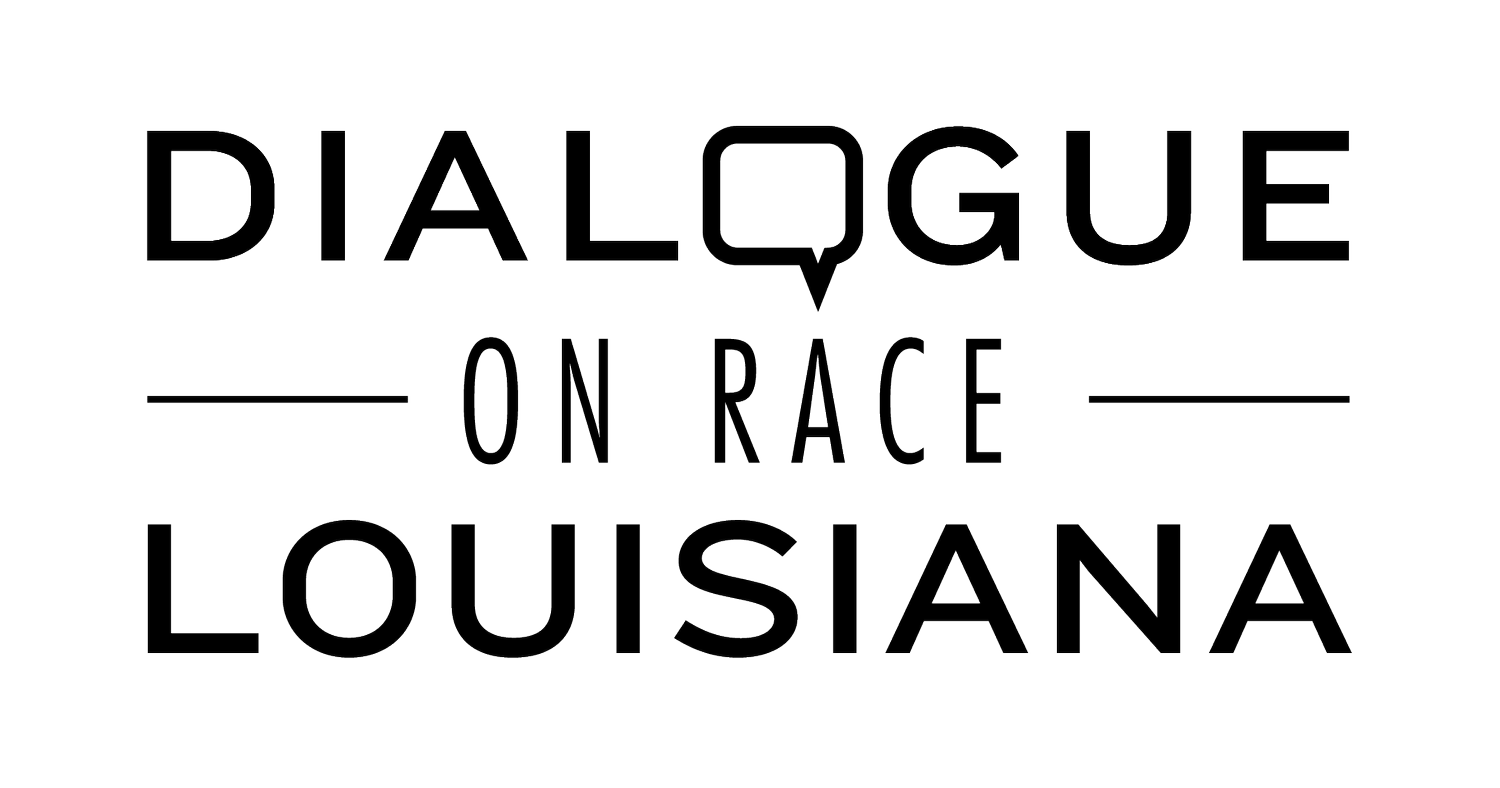The Historical Roots and Racial Legacy of Tipped Wages
Jasmine at the Dialogue on Race Original Series
Author: Jasmine Pogue, Dialogue on Race Facilitator Coordinator
As the Facilitator Coordinator at Dialogue on Race Louisiana, Jasmine plays a pivotal role in recruiting, training, and supporting Dialogue on Race trained facilitators who lead Dialogue on Race conversations across the United States and beyond. Jasmine brings knowledge, empathy, and a deep commitment to fostering open and honest dialogue.
As a resident of Massachusetts, I’ve been paying close attention to an important issue currently on the ballot: whether to keep a separate minimum wage for tipped workers. It's a topic that many of us may overlook when we’re dining out or using services. After all, tipping has existed in European culture for centuries. However, its historical roots in the United States are deeply tied to labor exploitation after the Civil War. Like many others, I wanted to make an informed decision, so I started to read more about the history of tipping.
This learning journey began during a Dialogue on Race Original Series I facilitated over the summer. One participant shared how she was listening to a podcast on a walk—it was about the history of tipping, and it stopped her in her tracks. When she explained that tipping in the U.S. has roots in slavery, it was as if a lightbulb went off for many of us. The more I researched after that session, the more I realized that this issue isn’t just about wages but also systemic inequities that have persisted across generations.
After the Civil War, newly freed Black Americans entered the workforce, but not as equals. Employers, especially in the service industry, adopted the tipping system to avoid paying wages. Essentially, Black workers were expected to rely on the generosity of customers for their livelihood, while employers evaded paying a fair wage. This economic system was a form of control, a way to continue the subjugation of Black labor post-slavery.
What surprised me most during my research was how deeply institutionalized this system became over time. The Fair Labor Standards Act (FLSA), passed in 1938, established the first minimum wage laws. But—here’s the catch—service jobs, where Black workers were overrepresented, were excluded. The National Restaurant Association (NRA) successfully lobbied Congress to enshrine these racist practices into law. When Congress finally included these jobs, the introduction of the "tip credit" allowed employers to count tips toward a worker's wage, solidifying this two-tiered wage system.
Consider this for a moment. For generations, workers—particularly Black workers—were effectively trapped in jobs where they had to depend on tips to make ends meet.
The effects of this system are still evident today. Tipped workers are more likely to be women, people of color, and single parents. Their wages often don’t meet the federal minimum, leaving them reliant on tips that can fluctuate wildly from day to day. This economic instability means they are more vulnerable to wage theft, poverty, and job insecurity.
And it’s not just about who is tipped—it’s about who gets to tip. After centuries of slavery, the burden of paying wages was shifted to the consumer, who was now expected to pick up the cost for workers once treated as property. This shift lingers with narratives about who deserves fair wages. Today, unconscious biases impact tipping practices, with women and people of color often receiving less in tips than their white male counterparts for the same work.
It wasn’t until a participant’s insight during this summer's Original Series that I realized how much their contribution would profoundly impact my voting experience. As both a facilitator and participant in these dialogues, I am always delighted by the new knowledge brought by the diverse voices from across the United States, their perspectives and insights, and their lasting impressions on me.
I encourage others to expand their understanding of these deeply rooted issues through conversations like those in the Dialogue on Race Original Series. Engaging in these dialogues can open new learning pathways, ultimately leading to more informed decision-making toward ending racism in the United States for good. Conversations like these lay the foundation for meaningful, lasting change.

